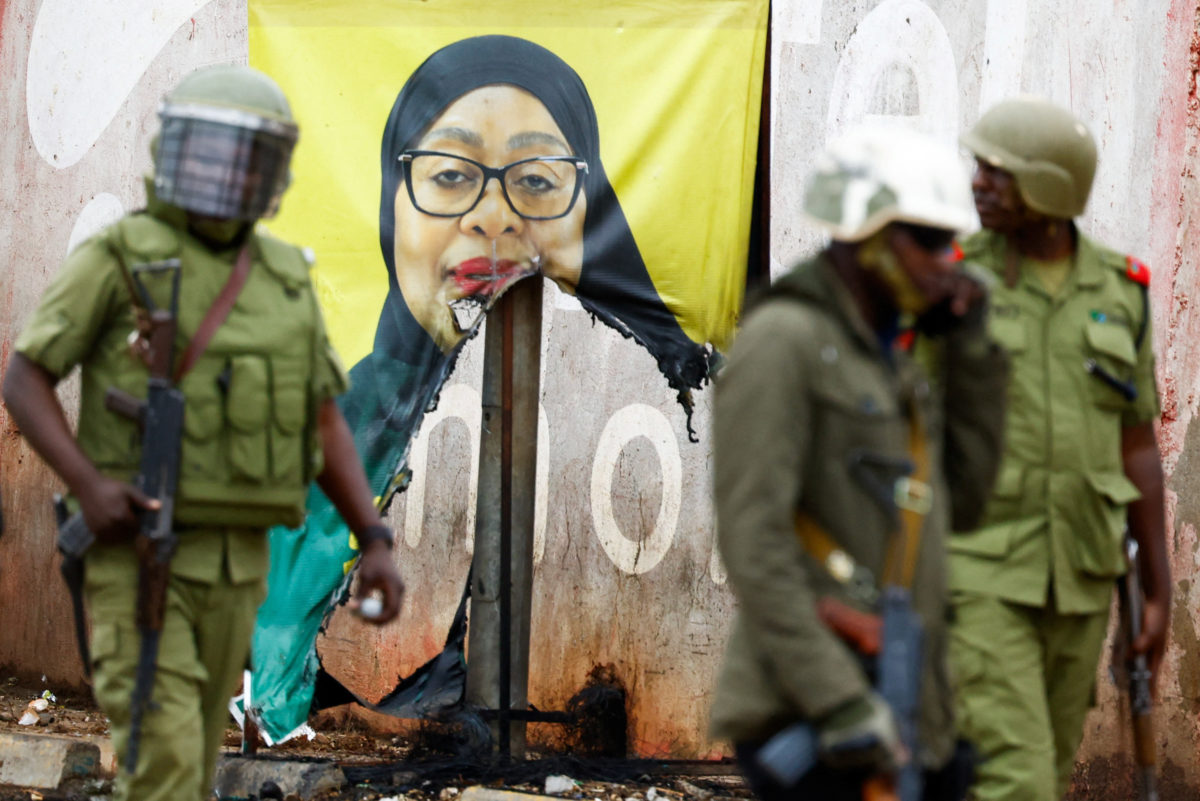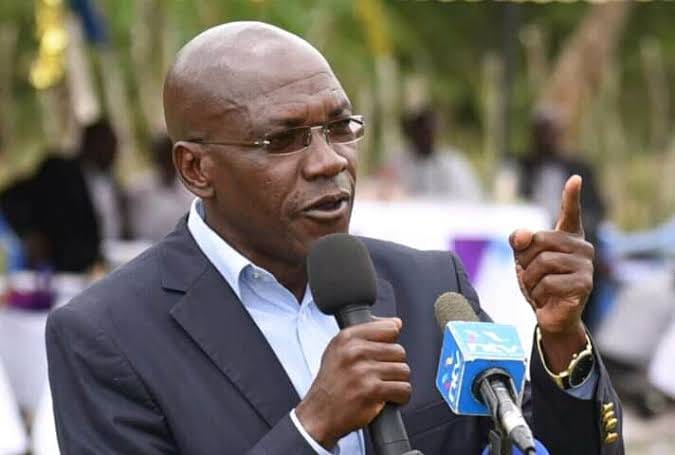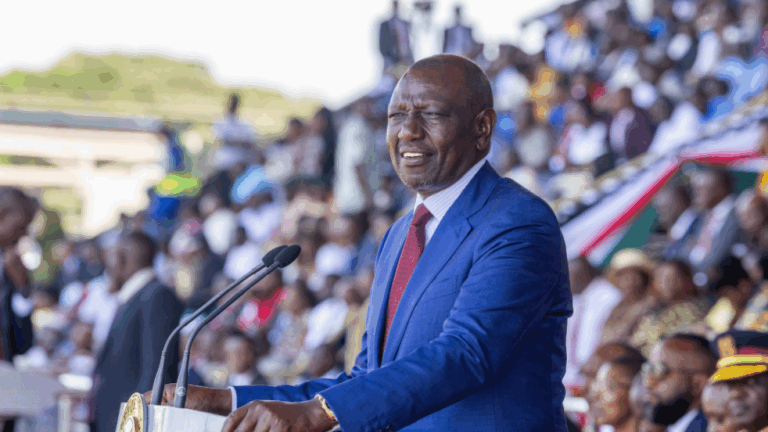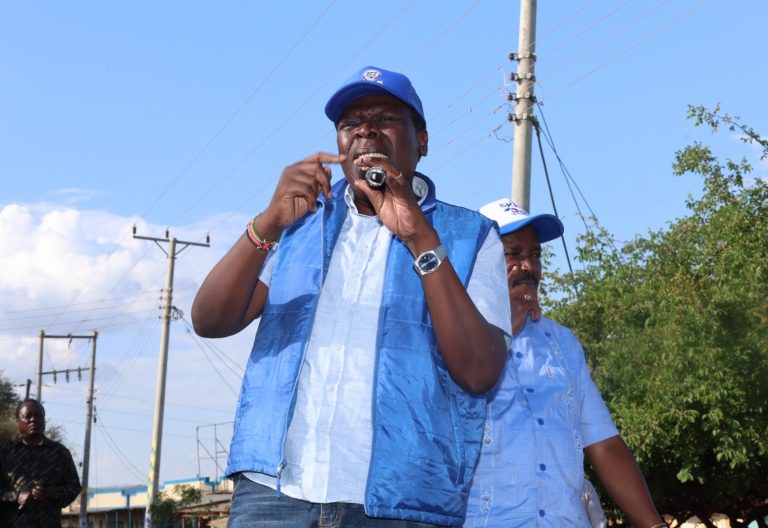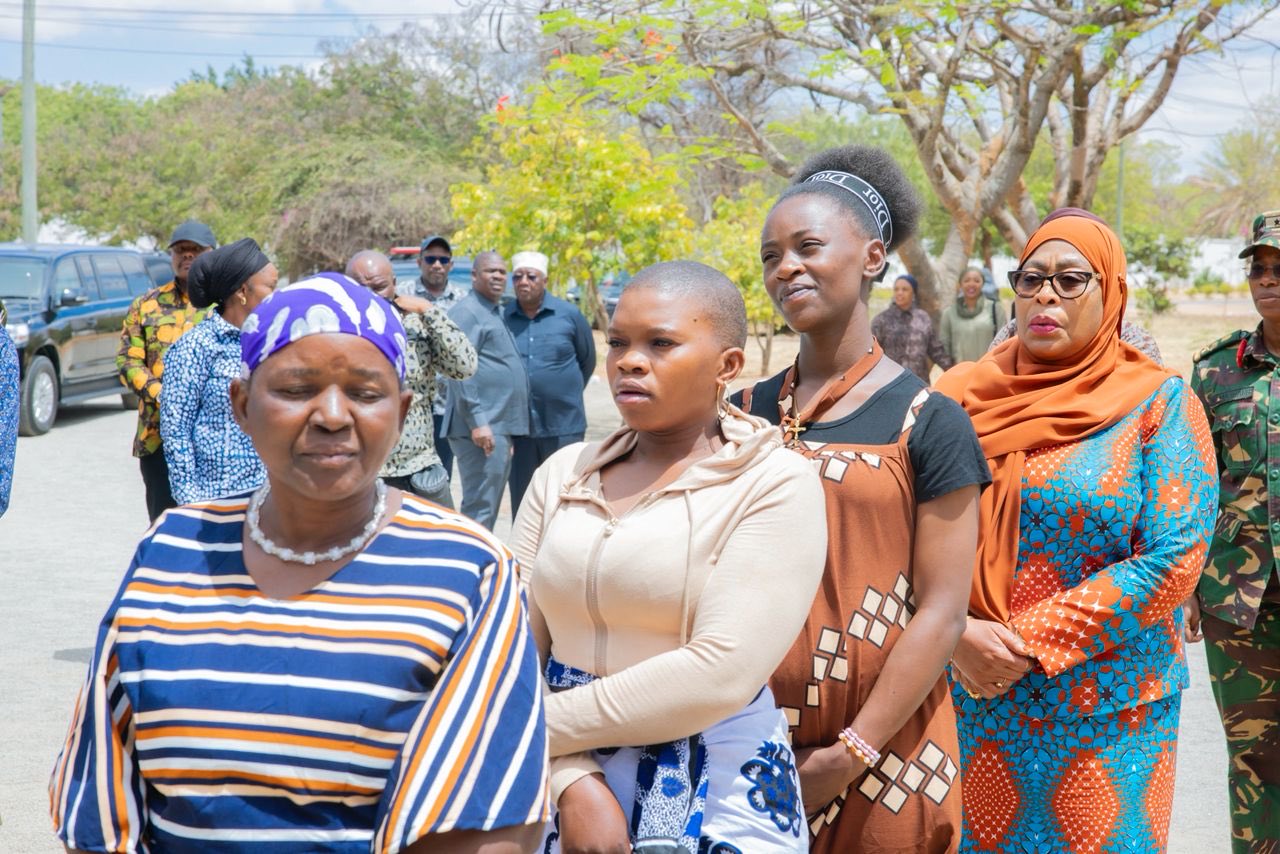
In an extraordinary sweep of the ballot, Samia Suluhu has been declared President-elect of Tanzania, securing an overwhelming 97.66 % of votes, as announced by the Tanzania Electoral Commission today.
According to the formal results released Saturday morning, Suluhu garnered 31.9 million votes from an electorate of approximately 37 million registered voters. Her nearest rival took just 213,414 votes, or 0.65 % of the total – a margin so vast it has triggered undeniable alarm and questions across the region.
This victory marks Suluhu’s first direct electoral mandate. She previously assumed the presidency in 2021 following the death of her predecessor, and has now made the leap into an emphatic democratic reclamation of the office.
Tensions Explode as Results Come Out.
The release of the results did not pass quietly. Throughout several of Tanzania’s major cities – including Dar es Salaam, Dodoma and Mwanza – protests erupted almost immediately. Some demonstrations escalated into clashes with police, tear gas was deployed, and gunshots were reported in the northern city of Mwanza.
In Dar es Salaam, authorities imposed a dusk-to-dawn curfew, blocked major roads, and reportedly cut internet and communication access since election day – pushing concerns of censorship and state suppression to the fore. Several ballot stations witnessed outright vandalism: youth angry over the election process reportedly tore down ballot boxes, in scenes that observers say underscore a deeper crisis of confidence in the system.
Democracy at a Crossroads.
While Suluhu’s ruling party, Chama Cha Mapinduzi (CCM), celebrated the win, critics argue the nearly unanimous result and the ferocity of post-election protests point to deeper democratic failings. Opposition leaders contend their candidates were jailed, disqualified or sidelined – conditions that cast a long shadow over the legitimacy of the contest.
International observers and civil society groups are expected to issue responses within hours, and pressure is already mounting from regional bodies over what many call a “marathon of democracy” undone by process flaws and heavy-handed enforcement.



